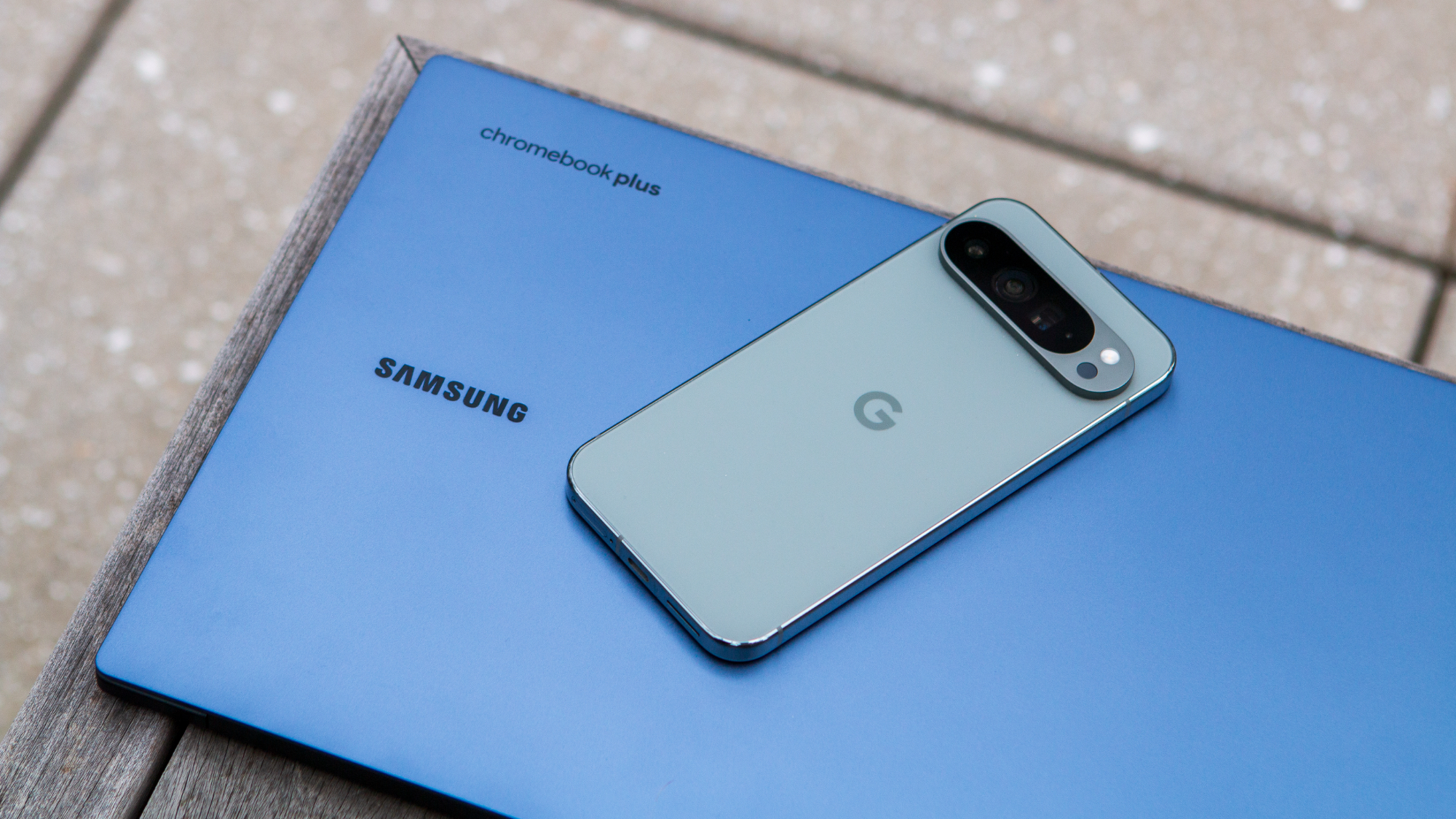

Beyond the Alphabet is a weekly column that focuses on the tech world both inside and out of the confines of Mountain View.
Last week, a rumor popped up suggesting that Google was working on a keyboard case to pair with a new Pixel Tablet. Now, there are reports that Google has decided to completely cancel development on the Pixel Tablet 2 while supposedly working on a Pixel Laptop. For now, these rumors are unconfirmed, so take them with a grain of salt, but I found the buzz around the Pixel Laptop particularly interesting, particularly because of the way Google has positioned ChromeOS and how an Android-powered laptop could change that.
What's the point of trying to make a tablet operate as a laptop if you can just opt to make a laptop instead? That's the mindset that I think Google is taking with this approach if the Pixel Laptop rumors are true.
We're already seeing a bunch of work put into making Android's native Desktop Mode more usable. Last month, it was reported that Google was working on a way to implement a Terminal app on Android. Then the Android 15 QPR2 beta introduced a Terminal app, which would allow developers to run Linux apps through a virtual machine on Android devices.
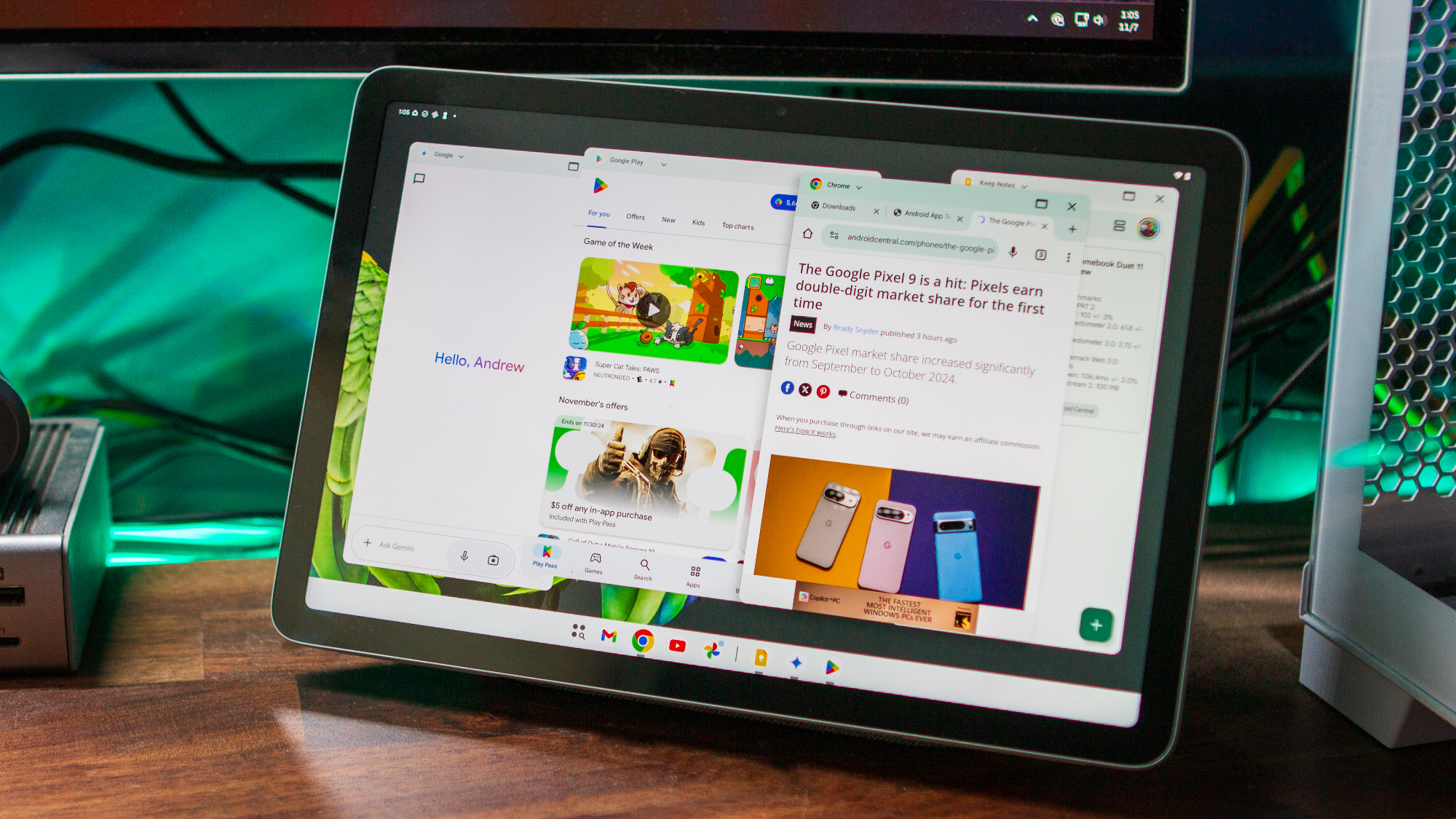
Provided that it actually makes it into the public release, this probably isn't something that very many people would use. This is the same thing that you could say about the ability to use Linux on a Chromebook. Yet, you can do exactly that, provided that you have a compatible Chromebook.
You can see the similarities here.
In a vacuum, that actually sounds pretty incredible. It could actually give you a single device for all of your daily computing needs, with (potentially) very few limitations. Seeing as we aren't in a vacuum, I'm not fully convinced that Google will ditch Chromebooks in favor of this souped-up version of Android.
To me, it sounds like Google is trying to turn Android into ChromeOS, but I don't know if I see a scenario where ChromeOS and the Chromebook branding are just tossed into the Google Graveyard. The company has spent years and countless dollars creating a lineup of devices that are both easy and convenient to use.
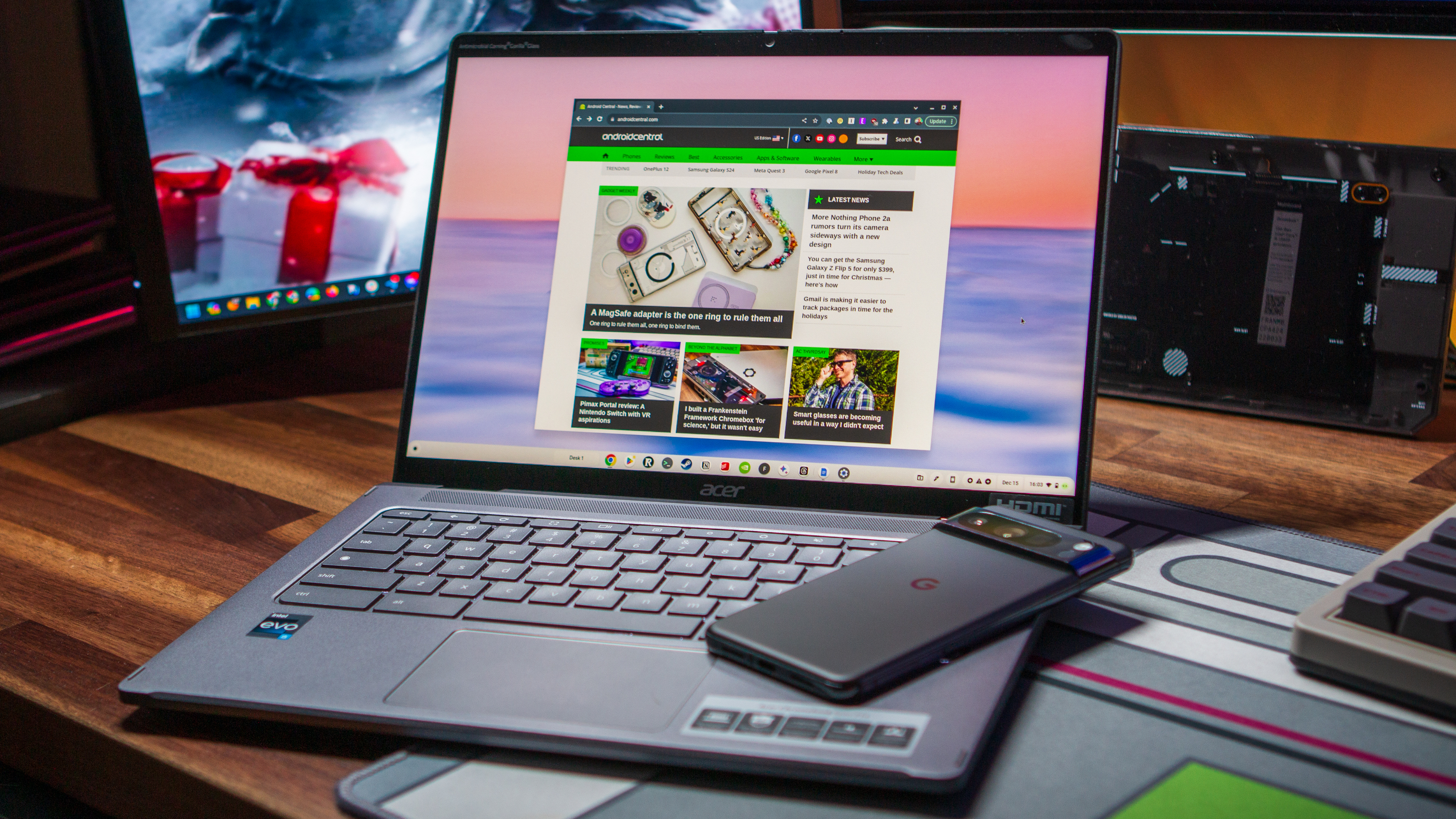
It was only last month that the Samsung Galaxy Chromebook Plus was announced, which Google worked closely with Samsung to create. While having a new premium Chromebook option is great, I'd argue that Google getting Samsung back into the game does more for improving the brand than anything else.
That's not to say that there's anything wrong with the other Chromebook makers, but people usually have a tendency to pay attention when Samsung is involved. It's no different than phones and tablets, as people are always interested in whatever Samsung is doing, for better or worse. Not only will people pay attention to Samsung, but they're also more likely to spend money on the "new and shiny" release.
My point is, why would Google spend the money and resources to work with Samsung only to pivot away from ChromeOS and Chromebooks? It can't.
Google won't ditch Chromebooks, but it's not because of anything other than money.
Well, of course, it could. I mean, it is Google that we're talking about here. But I mean that Google has a lot more invested in Chromebooks than just what you might see at your local Best Buy.
The education segment alone is probably what has helped keep things afloat, especially in the days before the Chromebook Plus branding was introduced. According to an August 2024 report by Canalys, "global Chromebook shipments grew 4% annually to over 6 million units in Q2 2024." However, the reason isn't solely because of the release of new Chromebooks or the inclusion of Gemini.
The report says "Chromebook shipments were bolstered this quarter by regionally specific education funding packages, such as the Emergency Connectivity Fund (ECF) in the United States, which required spending to conclude in Q2 2024." It might sound superficial, and it is, to a certain extent. But regardless of how it sounds, the reality is that Chromebooks were actually purchased.
A big reason why Chromebooks are so popular for schools comes down to the cost. School districts aren't walking into Best Buy, buying 30 Chromebooks, and distributing them in the classroom. There's an entirely different segment that schools go through when buying new Chromebooks, complete with deals and discounts for buying in bulk.
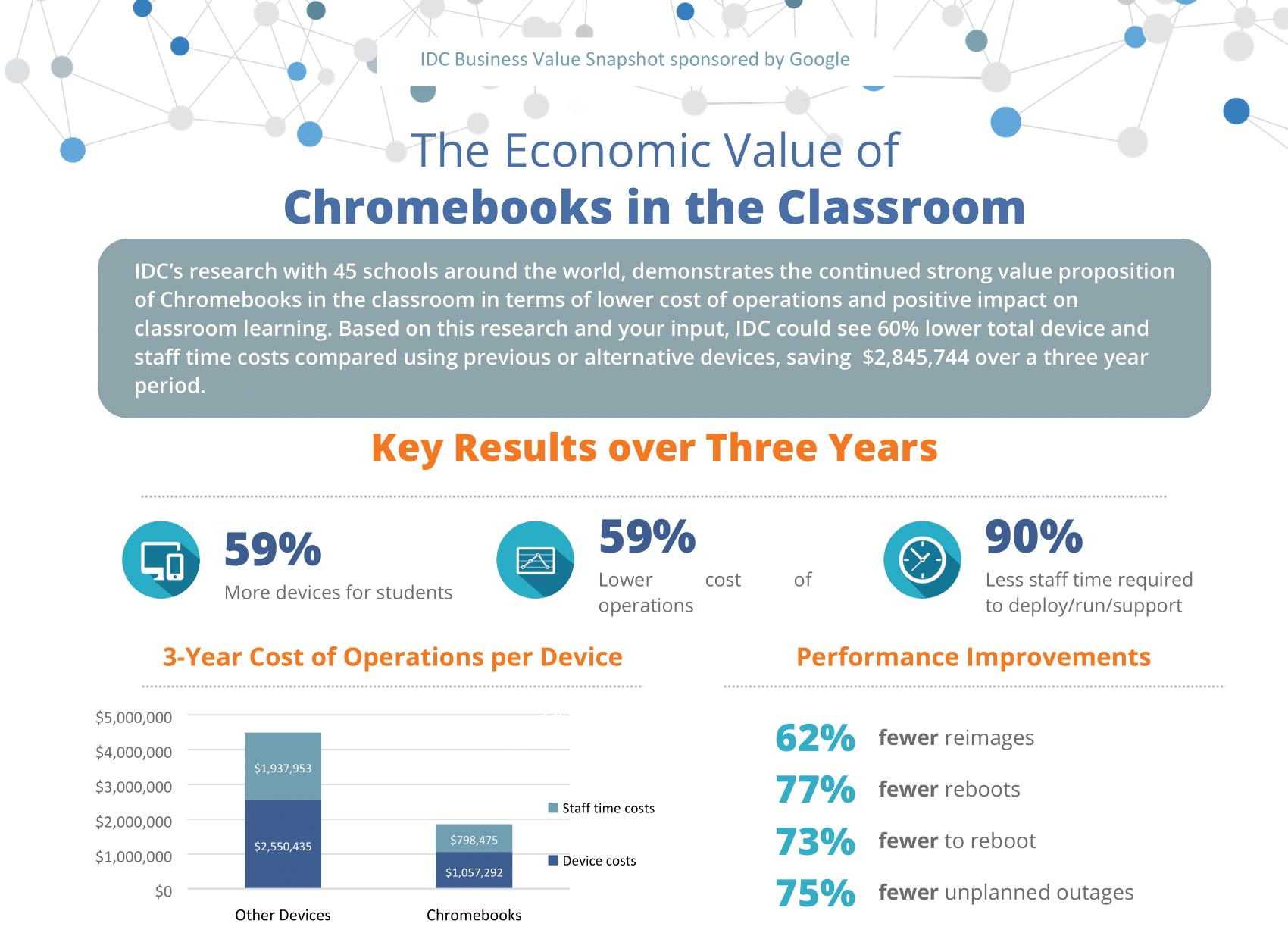
While doing research for this article, I came across a "potential savings calculator" on the Google for Education landing page. Currently, it seems that the tool is no longer functional, but thanks to the Wayback Machine, I was able to see a graphic titled "The Economic Value of Chromebooks in the Classroom."
The important thing here is that over the course of three years, the graphic claims that Chromebooks offer a "59% lower cost of operations." An included graph shows the three-year device cost of a Chromebook is just north of $1 million. That probably seems like a lot of money, until you see that "Other Devices" cost more than $2.5 million over the same time period. This isn't an insignificant difference and goes to show why Chromebooks have taken over the classroom.
With this in mind, do you really believe that Chromebooks or even ChromeOS will just be replaced by Android? It just doesn't make sense from a business perspective. Plus, Google would have to get its partners on board, and it just adds another layer of difficulty and complexity to everything.
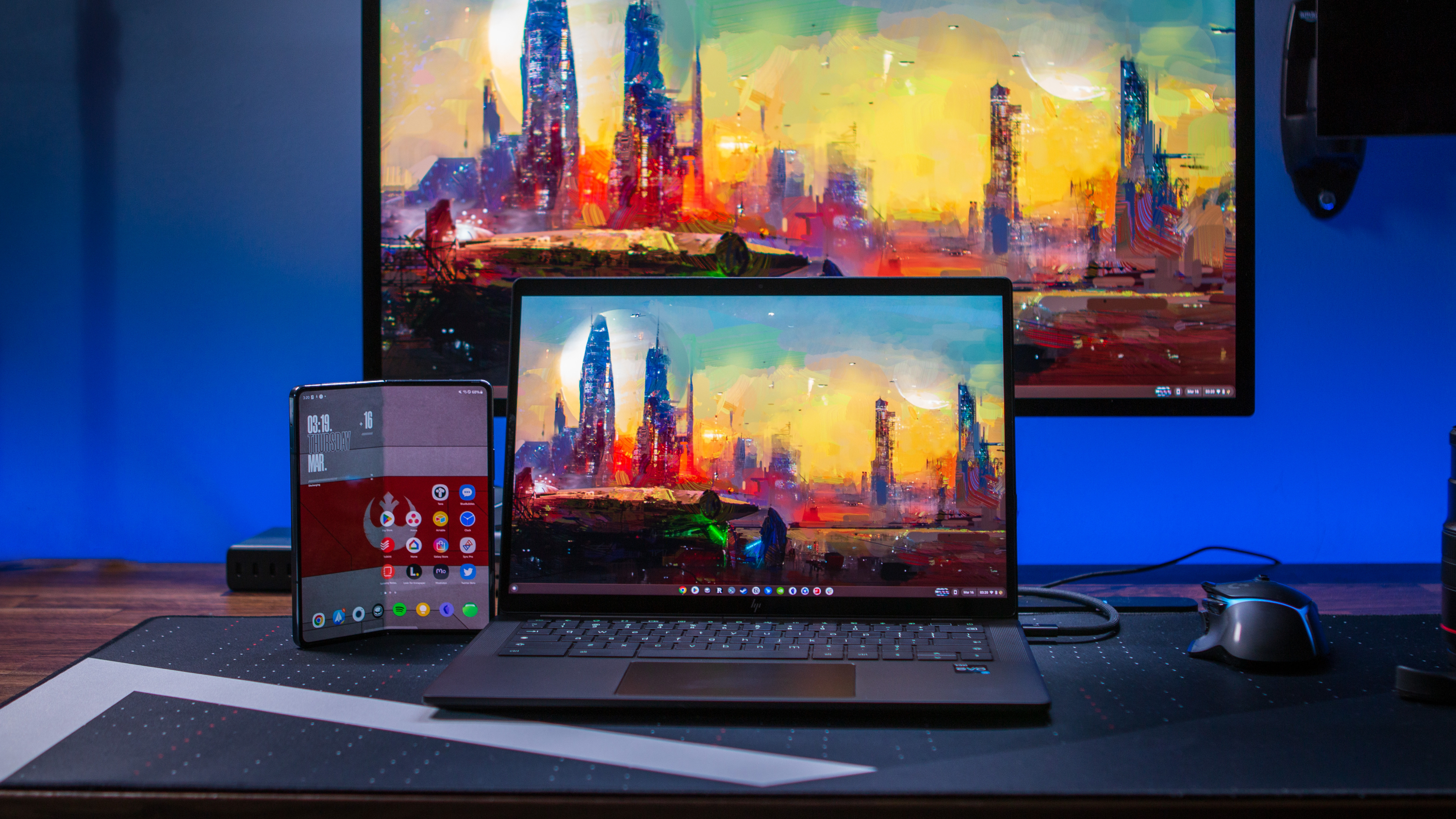
As for the rumored Android-powered Pixel Laptop, the initial report claimed that it was being "compared internally with a number of other high-end laptops." Seeing as high-end Chromebooks just haven't been successful, I'm not exactly confident that the Pixel Laptop would be able to break the mold.
Let's not forget about devices like the HP Dragonfly Pro Chromebook or Framework Laptop Chromebook Edition. Both of these $1,000+ Chromebooks have been discontinued, as the listing on Framework's website was also recently removed.
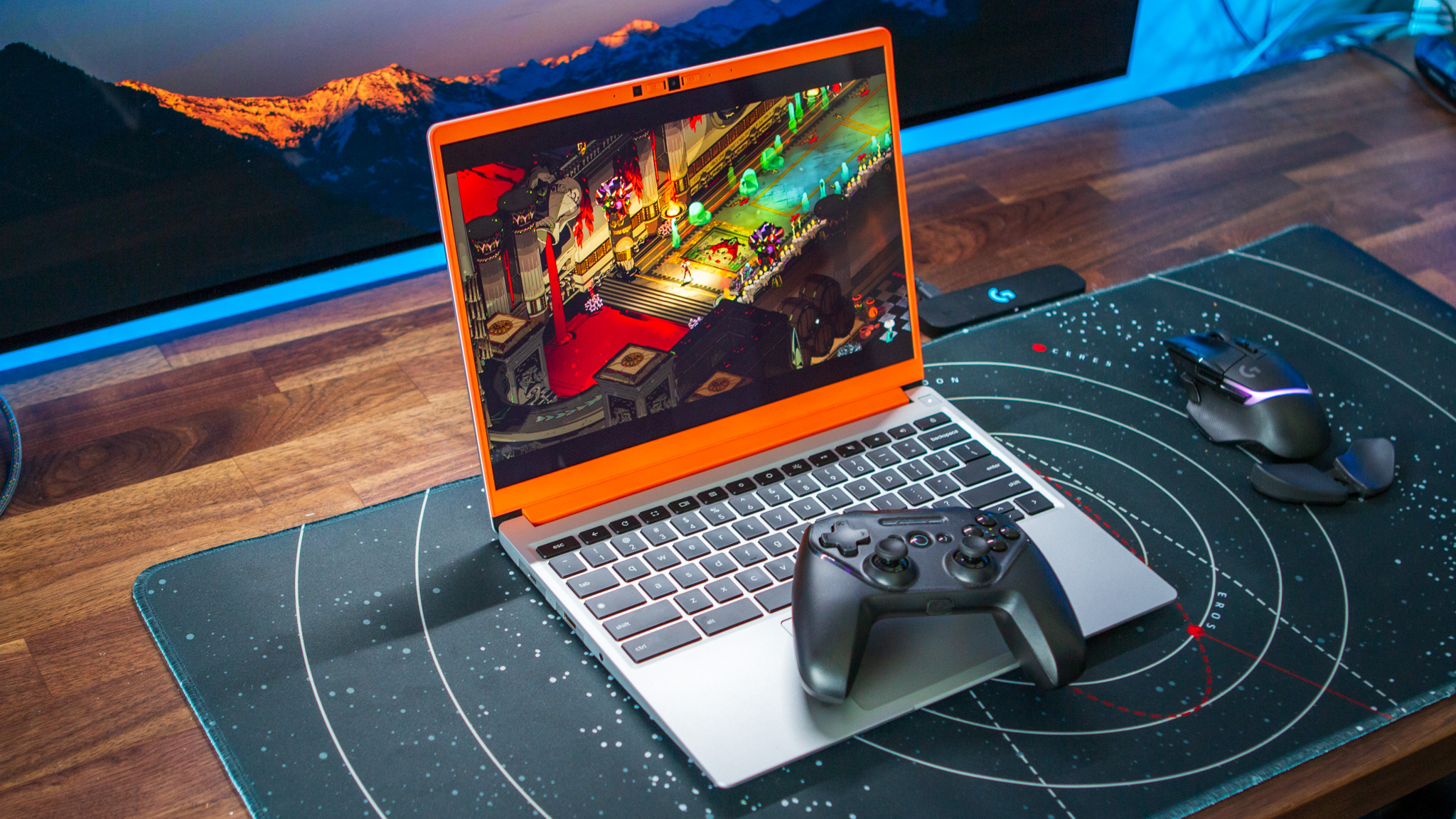
It's also part of the reason why the Galaxy Chromebook Plus and Acer's Chromebook Plus Spin 714 are priced at $699. This is probably what Google feels is the most a person will pay for a Chromebook.
So, while the Pixel Laptop might be actively in development, it will not see the light of day if its price is anywhere near that of a MacBook, Surface Laptop, or Dell XPS.
To me, it just sounds like Google is working on different projects, and details were shared when they probably shouldn't have been. Then again, maybe Google will decide to get rid of ChromeOS entirely, whether it be through pressure from the Justice Department or not.
Not going anywhere
Although it seems that the Pixel Tablet 2 has been canceled, that doesn't mean you should ignore the current iteration. It's still quite a useful tablet, especially with the Charging Speaker Dock. Plus, you can find it on sale as part of the early Black Friday deals.







